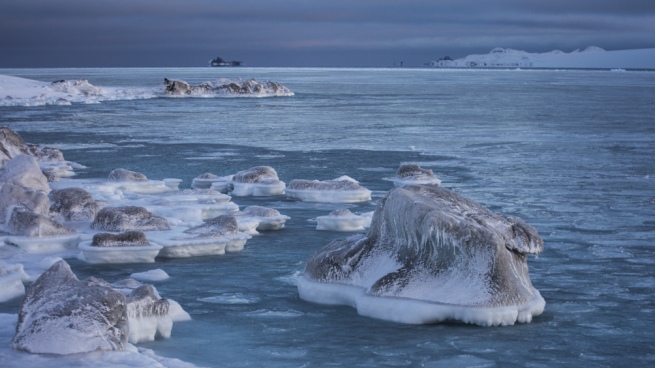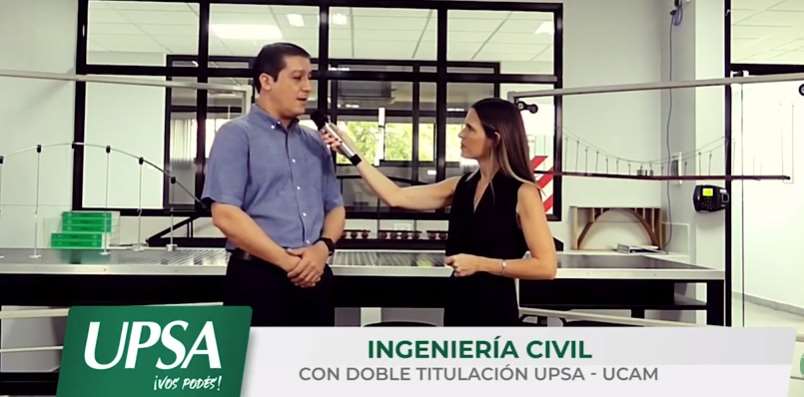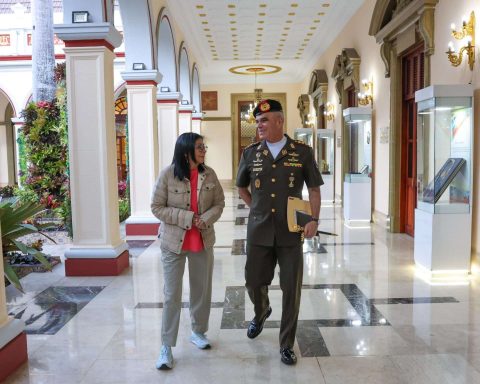Argentine researchers who have been analyzing the impact of climate change on Antarctic ecosystems for almost three decades, detected significant variations in the distribution of seaweed as a consequence of the melting of glaciers.
Dolores Deregibus has a PhD in Biological Sciences, member of the Department of Coastal Biology of the Argentine Antarctic Institute (IAA) and researcher at Conicet, where she is part of the Macroalgae group led by María Liliana Quartino.
Deregibus affirmed, in dialogue with Télam, that “our work focuses on the seaweed that lives at the bottom of the sea, We are interested in their study since they are primary producers, the base of the food chain and because many marine organisms live associated with them and use them as a refuge “.
“Our investigations are carried out in the Carlini Antarctic base, which is the most important Argentine scientific base in Antarctica, it is located in the Potter Cove on May 25 Island. Potter Cove is surrounded by the Fourcade glacier, which is in notable retreat due to the rise in air temperature caused by climate change, “he said.
The researcher stated that “one of the most important focuses of our group is study the effects of climate change on macroalgae communities, every summer that we go to the Antarctic campaign we can see how the Fourcade Glacier recedes, and due to its melting it generates an impact on the entire coastal ecosystem “.
“When the ice melts, a large amount of fresh water enters the coastal marine system along with a large contribution of sediments, this causes great turbidity in the water that affects the life of the algae that need sunlight to photosynthesize” , he pointed.

Deregibus indicated that “these sediments cause a reduction in the penetration of light and that causes some species of macroalgae to be affected in their growth and reproduction, while others less affected may expand its distribution to new areas that are available after the retreat of the glacier. “
“Other lines of research that are developed in the macroalgae group of the Argentine Antarctic Institute include the effect of the increase in water temperature on macroalgae, their associated fauna and the colonization of marine algae in new ice-free areas, we also monitor of macroalgae communities in the long term, “he detailed.
The researcher stressed that “Due to the increase in temperatures there is a retreat of the glacier that impacts the coastal ecosystem producing significant variations in the distribution of species and their physiology “.
“We cannot make certain predictions about what could happen in the next decades, but if we base ourselves on the observations of the last thirty years that we have been investigating these issues, we can point out that the changes that are registered are very significant “, remarked.
“Doing science in Antarctica is a work that is done in absolute cooperation; at the Carlini base is the Argentine-German Dallmann laboratory, in which we work together with scientists from other countries, the support of the armed forces is also very important that support the operation of the bases, and collaborate in diving and navigation activities, for example divers dive in waters of between 0 and 2 degrees to look for the samples that we analyze, “concluded Deregibus.
The Carlini Antarctic Scientific Base is located on the Potter Peninsula of the 25 de Mayo Island belonging to the South Shetland archipelago, about 1,000 kilometers from the Fuegian city of Ushuaia and 3,700 from Buenos Aires; During the summer the temperature ranges between -2 ° C and 3 ° C, and during the winter the average temperatures are around -10 ° C and -20 ° C.

















